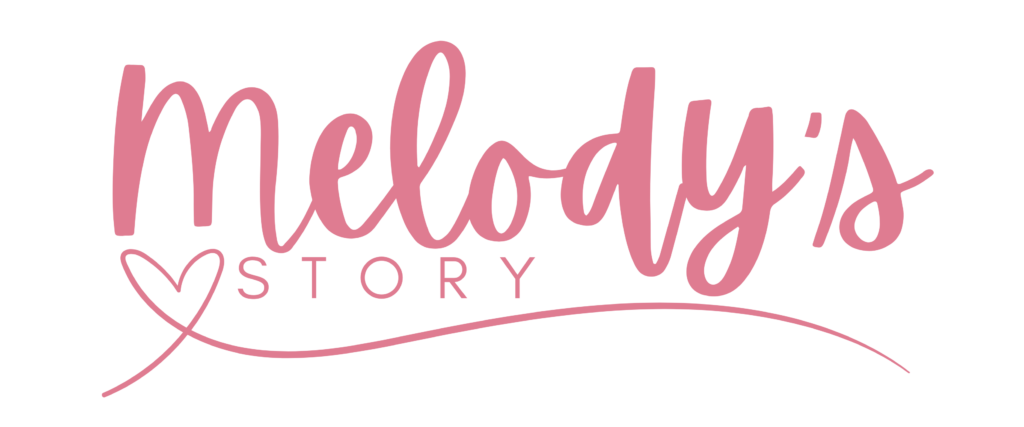If you have been told that a screening test came back positive for Trisomy 18 for your baby, this is likely an extremely difficult time with a flood of overwhelming emotions.
In the world of Trisomy 18, one word you will likely not come across is hope. There is little to none of that cast in the Trisomy 18 realm. There is probably enormous pressure at every turn to abort your baby. I hope to impart some understanding on alternative ways to process this devastating news.
Did you know that prenatal diagnostic testing can be inaccurate up to 50% of the time?
It is crucial to understand that a pre-natal screening test is not a diagnosis. The screening test companies often claim 99% accuracy. That is not ethical, especially in light of the fact that lives are at stake. An article by the Boston Globe reports on several studies that demonstrate the frequent inaccuracies of prenatal testing. Two studies show that tests can be wrong 50% of the time. The rate of false positives is especially high for Trisomy 18 and Trisomy 13.
The screening companies do not have to be approved by the Food and Drug Administration, and therefore they can operate without accountability for their claims.
It is imperative to understand how these tests work. As reported in Live Action News, “From the blood taken from the mother, the labs will examine DNA, looking for fragments of chromosomes. If there are more than typically expected, the lab will make an estimated guess, using a percentage, of whether or not the baby has a condition such as Down syndrome. But this is simply a guess, not a diagnosis.”
A friend of ours was talking to a man at his work who was told that the baby in his wife’s womb had Trisomy 18. The couple planned to abort. Our friend informed this man that those tests are often inaccurate. He went on to encourage him that even if the test is accurate, this is a valuable life. He showed him Melody’s website. The couple ended up choosing life for their baby, and the baby was born with no Trisomy 18! The erroneous result of this test is not an isolated incident. This happens all too frequently.
It is a tragedy that countless parents are being pressured to take the life of their baby based on an inaccurate screening test.
Even if the test is accurate and your baby has Trisomy 18, your baby is a precious and valuable life. You are being asked to walk a unique and challenging journey. You now have the opportunity to choose to walk this journey with love and compassion for your little one. You could choose to carry your baby to term and love her for as long as you have her.
If your baby makes it to term, you could have the opportunity to meet her face to face, to cuddle her, to kiss her, and to comfort her. There are no guarantees, but some Trisomy 18 children live well beyond their birth. Our little girl is almost 8 years old, and her health is excellent. Some Trisomy 18 babies do not live more than minutes. Either way, you have the opportunity to love your baby for as long as you have her, even if it is briefly.
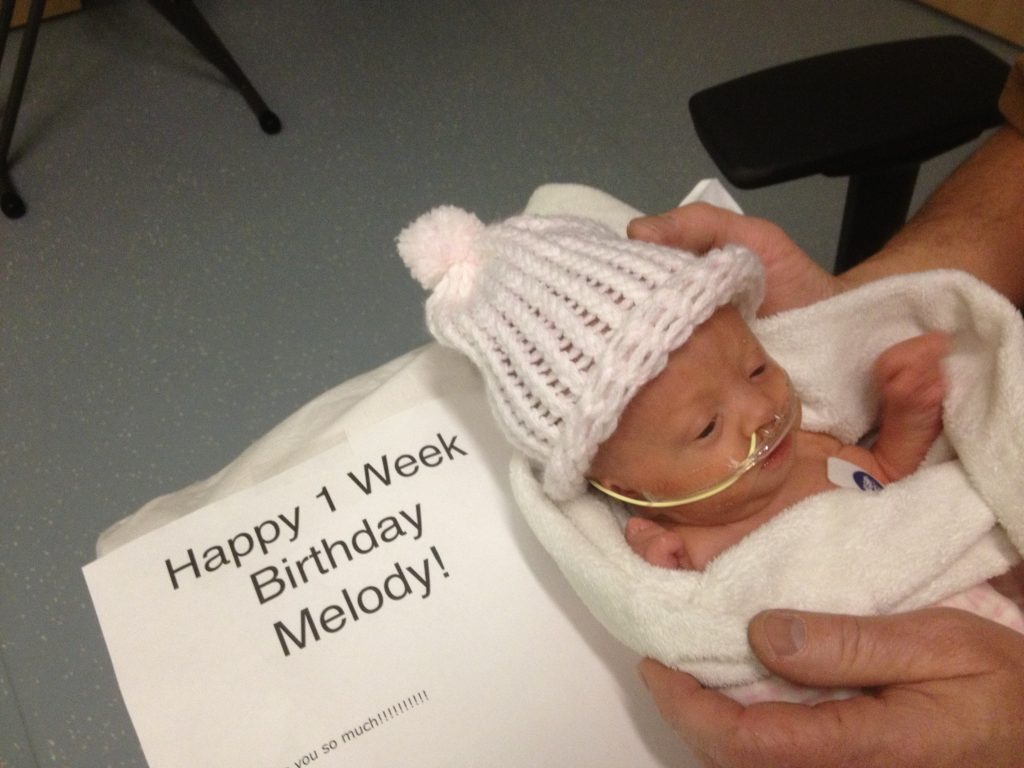
Resources to find support for carrying your baby to term.
Some moms express that they will abort because they cannot handle the emotional turmoil. Your burden for your baby and what lies ahead is no doubt difficult and complex. It can be extremely overwhelming. Moms can feel like abortion is the solution because they think that it will make all the emotional pain of her broken heart go away. That is understandable. Consider, however, that aborting your baby will not take the pain away. Sadly, it can actually compound it.
Studies show that carrying the child to term allows parents to properly grieve, while aborting the child leads to emotional distress. A study from Duke University showed that women who terminated their pregnancy after a prenatal diagnosis of an “incompatible with life” condition, reported “significantly more despair, avoidance, and depression than women who continued with the pregnancy.”
Choosing life is a decision that will not only bring parents peace of mind, but will also honor their child’s life as one that was worthy of continuing until its natural end.
The grief that accompanies losing a baby when the baby is allowed to live out her natural life is vastly different from the grief that surrounds abortion. Sarah Williams, author of Perfectly Human, who carried her baby Cerian to term, wrote, “I spent the autumn summer season grieving intensely for Cerian, but it was a clean grief in which I felt no guilt or regret.”
Stephanie Schoonover of Carrying to Term wisely expressed, “Pregnancy continuation is not about waiting for death. It is about living and loving and celebrating life, no matter how short that life may be.”
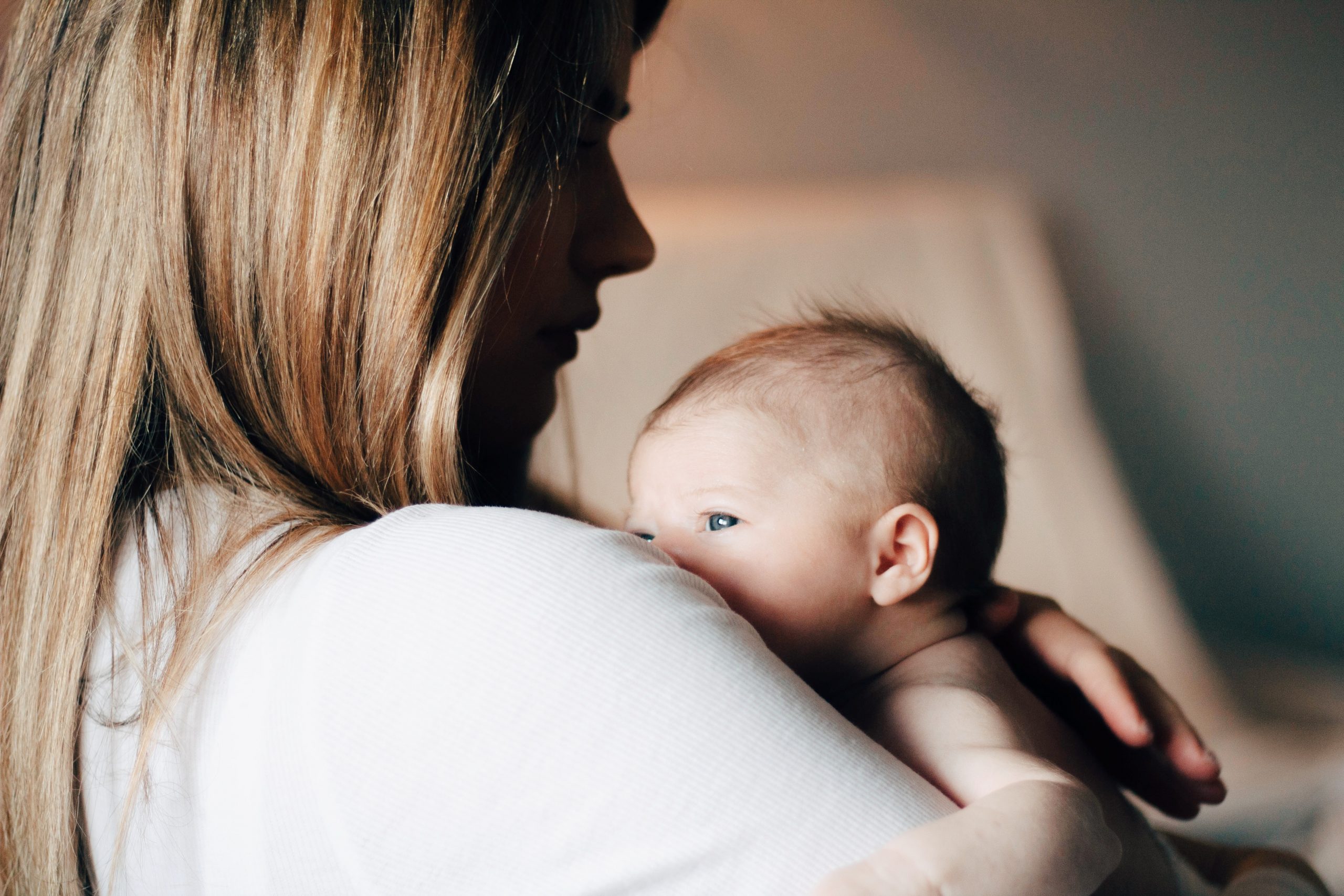
Some moms consider abortion because they do not want their baby to suffer. As moms we love our babies with a deep sacrificial love, and we would never want them to be subjected to pain. Unfortunately, suffering is a part of life. We can never shelter our children from all hurt. When a baby with Trisomy 18 is born, there may be some physical suffering; however, there may be less than you think. Although Melody needed some support when she was first born, she has not actually suffered a lot in this life. She is a healthy, happy, and charming little girl. She takes no medication and uses no equipment. She is immensely loved. In fact, I would go so far as to say that her life is the antithesis of “a life of suffering.”
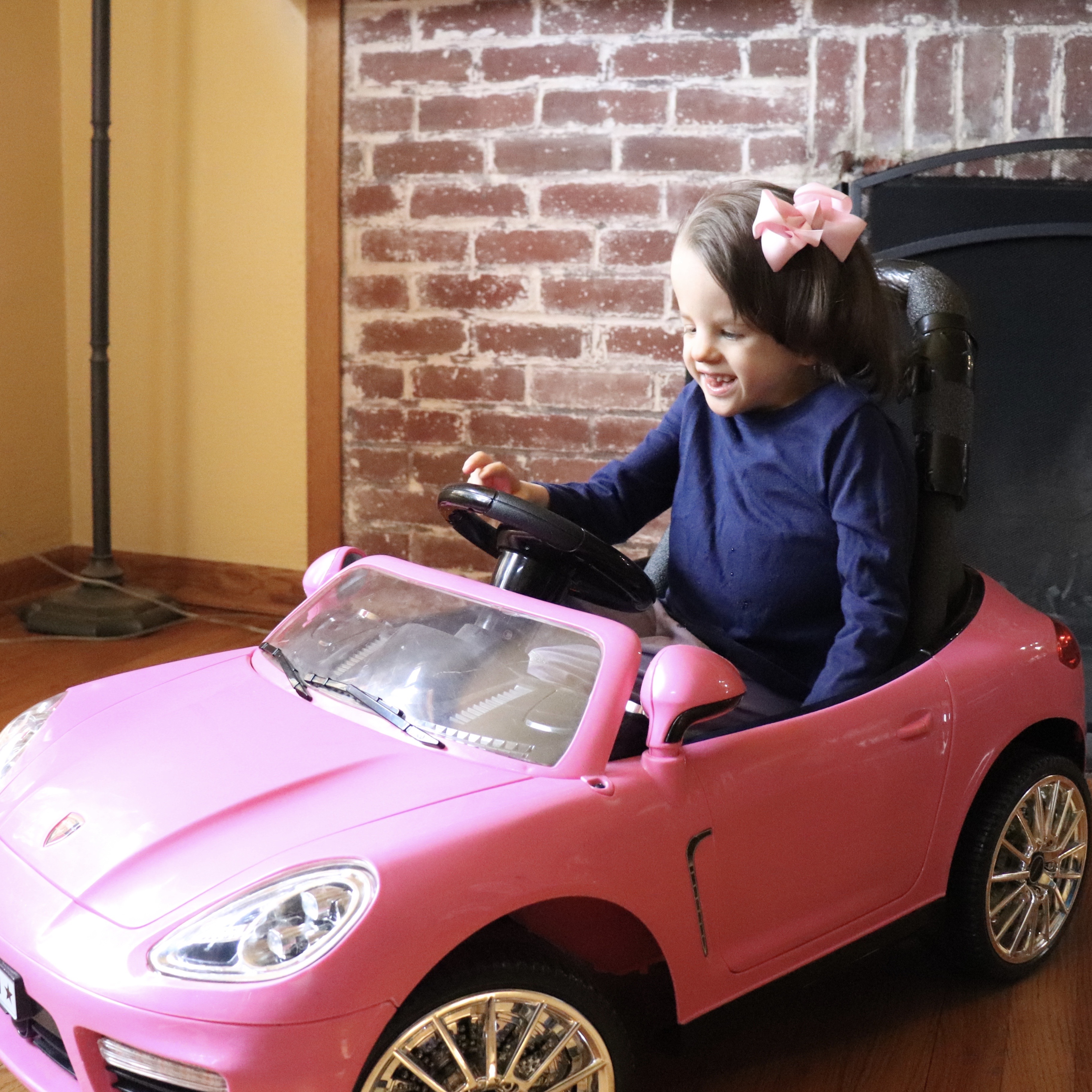
If your baby is born and appears to be in pain in some capacity there is comfort care that can be given. Even more importantly, you, as mom, have the opportunity to cuddle your little one, to hold and comfort her. Think of how much suffering is alleviated when a baby’s entire life is surrounded by only love.
On the other hand, when a baby is aborted, there will likely be horrific physical suffering. I know this is a difficult topic. However, it is essential for anyone considering abortion to understand the process by which a baby is aborted. Below is a video that tells the facts by a doctor who has done 1,200 abortions. It is not graphic or inflammatory. It is strictly the facts.
I have walked the journey of grief with several moms whose Trisomy 18 babies did not live very long outside of the womb. The sorrow runs deep. The surrender of their little one’s life can be the toughest of surrenders. Although experiencing sorrow, these moms have the peace of knowing they loved their little one every minute of their short life.
One mom told me that when she was pregnant with her little girl she would stay up late at night just to feel her kick because she knew her time with her was likely limited. Her baby lived two days outside the womb. Her perspective was remarkable. She experienced sadness, grief, and many tears. Ultimately, however, she genuinely expressed gratitude for those two days. Her little girl knew nothing but the undying devotion and love of her sweet family.
One thing that your baby has is her story, no matter how brief. I encourage you not to cut that short. In the powerful video below the dad makes the comment in a letter to his son Rafael with Trisomy 18, “Even a long life is short and a potentially short life can be full of meaning.”
Some parents experience overwhelming pressure to abort their baby because of the potential impact on the baby’s siblings.
A recent study of siblings of those with disabilities by Tel Aviv University reported, “Overall, the research suggests children whose siblings have [intellectual disabilities] experience personal growth and gain emotional strength, and this is reflected in character traits such as perseverance, motivation, a sense of responsibility, maturity, and developed social skills.” Zaidman-Zait in the above study explained, “We found that children with siblings with intellectual disabilities scored higher on empathy, teaching, and closeness and scored lower on conflict and rivalry than those with typically developing siblings.”
I can honestly attest to the fact that everything written in that study has played out in our family. Melody has been a conduit by which our children have grown in love, compassion, and depth. They have grieved when it looked like Melody would not make it. They have made significant sacrifices. They have loved, served, and cared for their little sister in the most honorable of ways. The character they have developed is nothing we could have manufactured in our children. God did that work, and He chose to work through little Melody to produce that fruit in their lives. We are a team, and our love for one another runs deep. Our family was close before Melody was born, but now all the more so. Life with Melody has not been easy. Consider that when it comes to our children, easy is not the goal, love is.
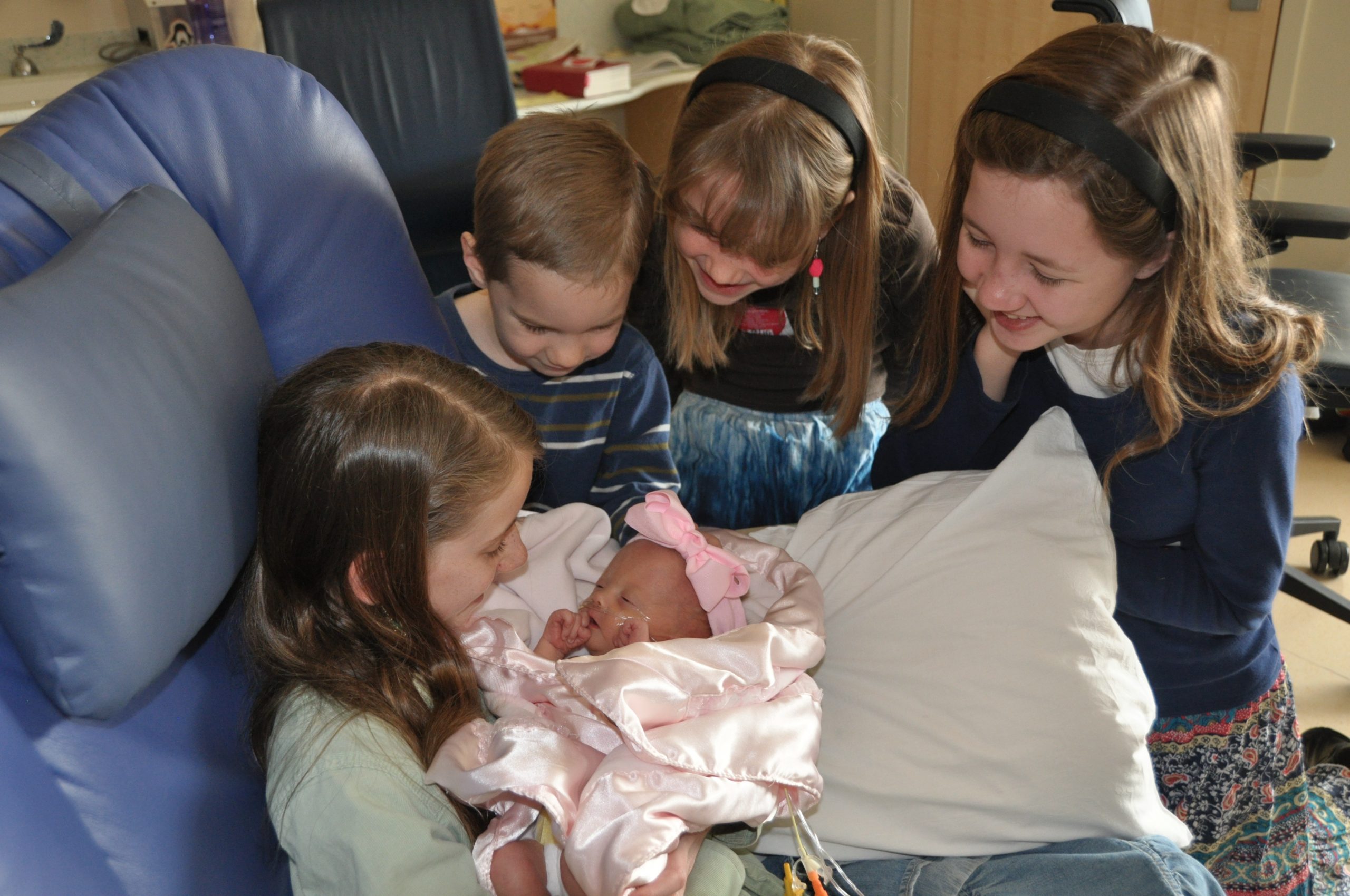
Neither did I. It was never my hope and dream to have a child with disabilities for many reasons. One of which is I like efficiency. A child with disabilities does not lend itself to that. Yet, when Melody was born I fell in love with her instantly. I would go to the moon and back for that little girl.
It is unfair to a little one to terminate her life knowing two things and two things only about her: her gender and that a screening test assesses that she might be disabled. There is certainly more to a child than her disabilities. Melody is a charming little girl. She smiles, laughs, cuddles, reads, likes to play, etc. She is one of the most lovable little children I know. Everyone who works with Melody on a regular basis adores her. She is a little treasure.
The practice of pre-natal screening in many ways does not lend itself to treating our pre-born babies with respect and dignity. Defining a pre-born child solely by the results of a screening test automatically labels her, not taking into account her unique personality and value as a human life. Consider that we would not take the life of our born child if she were given the diagnosis of a disability, because we have already come to love and appreciate her as a unique person worthy of life.
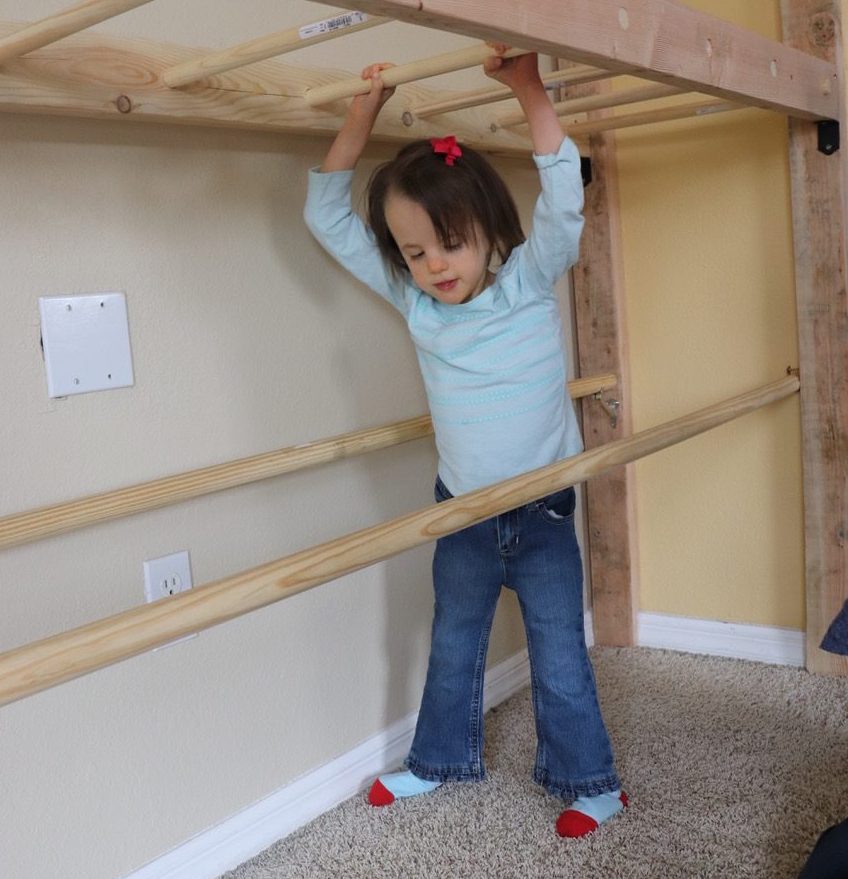
Absolutely!
There are many labels attached to babies with Trisomy 18. They are called incompatible with life, non-contributing members to society, mentally retarded, a vegetable, and the list goes on. These labels all have one thing in common: tragically they de-humanize these precious little ones. Once de-humanized, their life is no longer deemed valuable.
Contrary to the implications of these labels, children with an extra chromosome actually have the capacity to be quite intelligent given the opportunity. Trisomy children typically do not have injury to the cortex of the brain, which is a great advantage as far as their intellect goes. Instead, they typically have injury in the mid-brain, which affects balance and speech. Thus, sadly there is often a wrong presumption that they lack intelligence.
We use Glenn Doman’s approach to educate Melody. He teaches that the brain grows by use. With the intellectual input Melody has received, she, at age seven, appears to be able to read, add two-digit numbers, identify music notes, differentiate between various composers, states, types of flowers, etc. Read more about how we use this education method here.
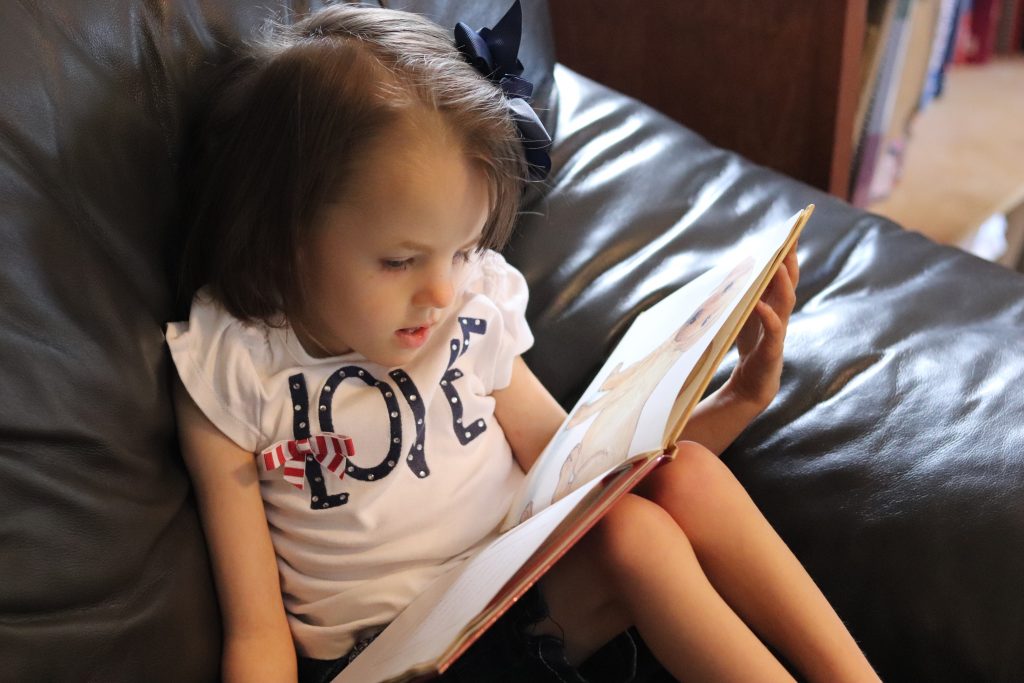
In our culture children can tragically be treated as if they are a mere commodity. If we do not get the brand we like, we might feel we have the right to return them for a new model. The problem is that children are not mere commodities. They are living human beings with value, regardless of any genetic vulnerabilities. It is sad to think that babies in the womb must prove their worth. They are vulnerable and need us to love and accept them regardless of any differences. That is unconditional love. That is, in some regards, sacred territory.
I encourage you to treat your baby with respect and compassion. I encourage you to welcome, love, celebrate, and accept your child for who she is, and for whatever time you have with her.
I encourage you to take her hand, not her life.
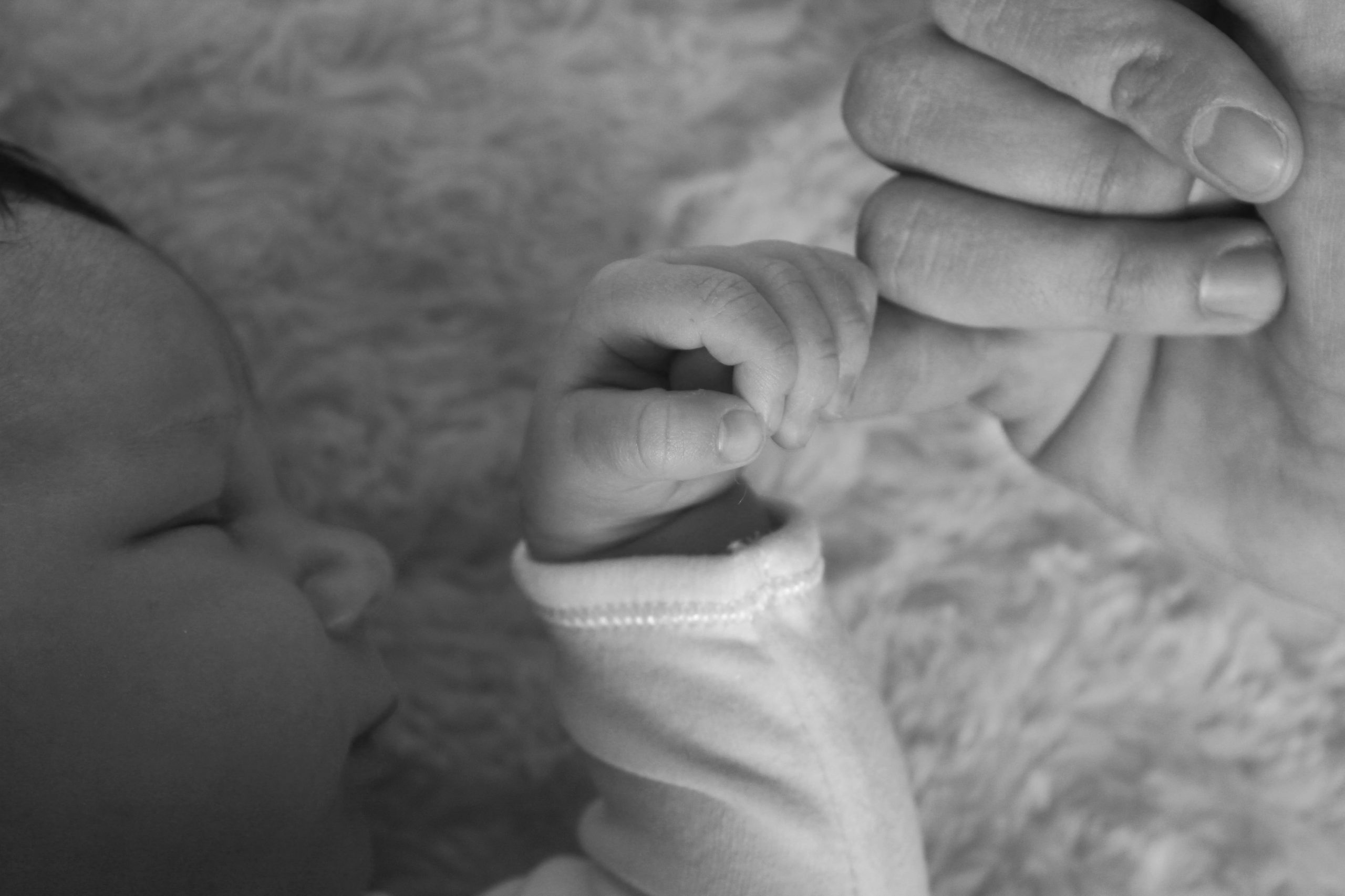
I understand this can be difficult, and I care deeply about your journey. If you have questions or are in need of encouragement, please reach out to me below.
